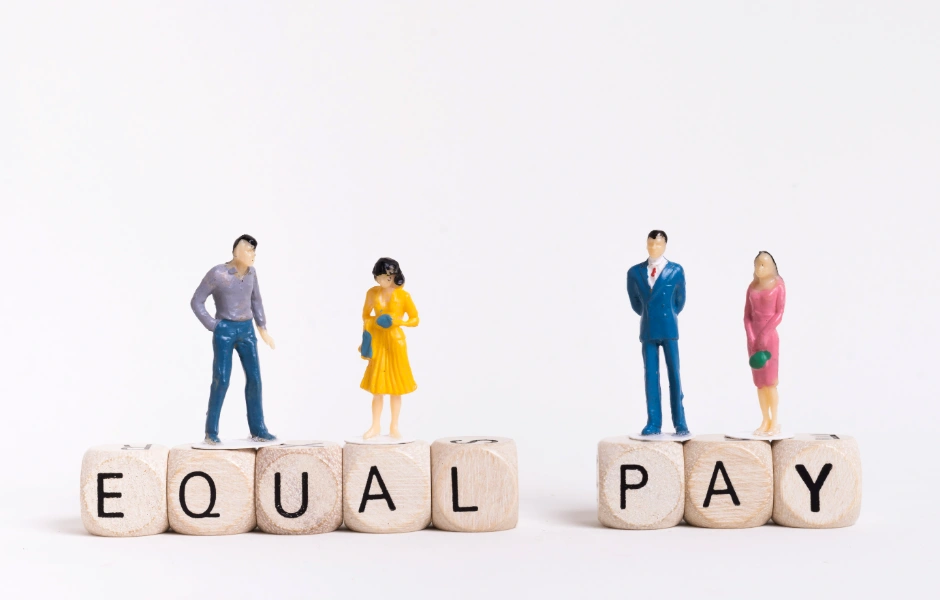Gender Equality
Gender Equality is a fundamental principle that ensures all individuals, regardless of their gender identity or expression, have equal opportunities, rights, and access to resources in all aspects of life. At its core, Gender Equality aims to eliminate discrimination and biases based on gender, promoting fairness and inclusivity in social, economic, and political spheres.
In the context of workplaces and organizations, achieving Gender Equality involves several key aspects:

Engaging with external stakeholders, including communities and suppliers, to promote gender equality principles and practices throughout the supply chain and broader community.

Addressing and eliminating gender pay gaps to ensure that individuals receive equal pay for equal work and contributions, irrespective of gender.

Promoting policies and practices that support work-life balance, such as parental leave, flexible work arrangements, and caregiving support, to enable equal participation and advancement opportunities for individuals of all genders.

Encouraging and supporting gender diversity in leadership roles and decision-making positions within the organization. This includes mentoring and career development programs that empower women and other underrepresented genders to advance in their careers.

Providing education and training on gender equality, unconscious bias, and respectful workplace behaviors to foster a culture of inclusivity and mutual respect among employees.

Ensuring workplaces are safe and free from harassment, discrimination, and violence based on gender. Implementing policies and procedures to address and prevent gender-based harassment and violence in the workplace.

Ensuring fair and unbiased recruitment, hiring, promotion, and compensation practices that do not discriminate based on gender. This includes implementing policies and procedures that support gender diversity and inclusion at all levels of the organization.
